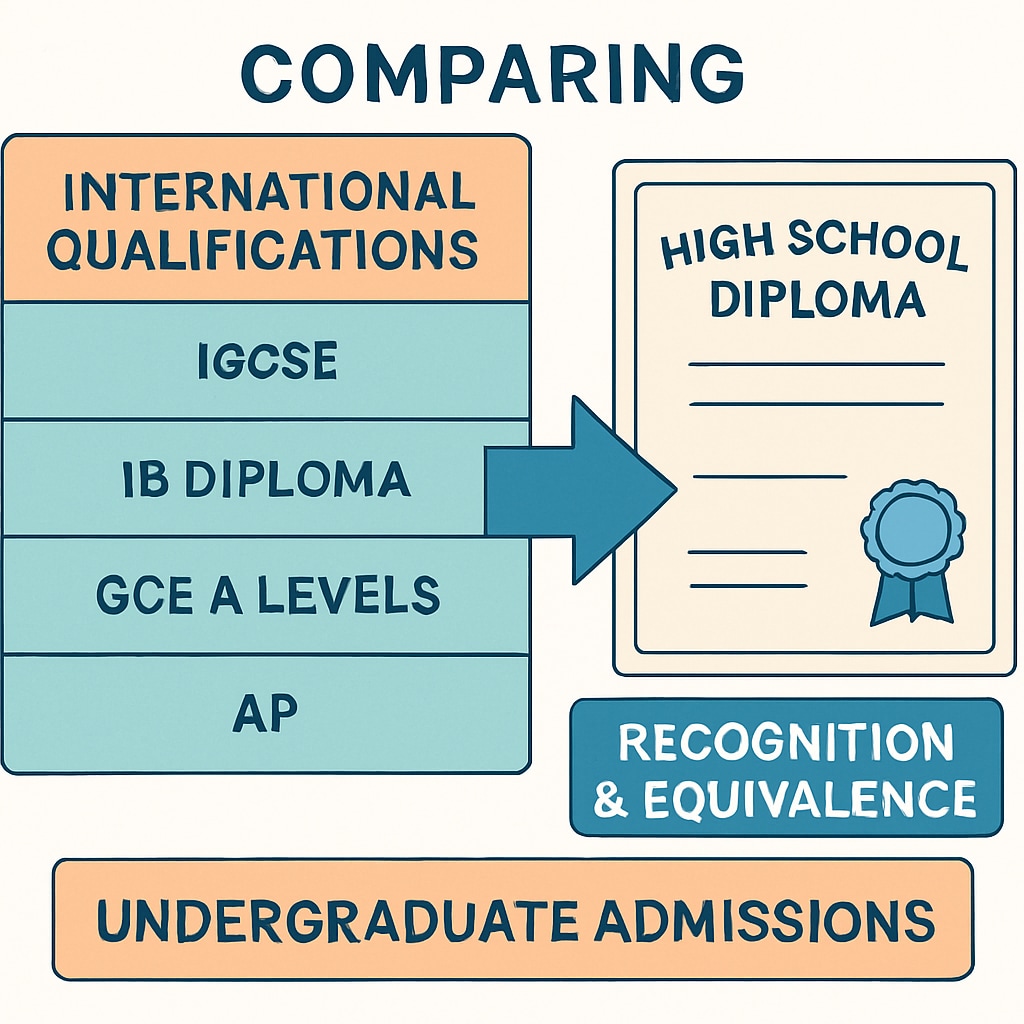For international students, pursuing a degree in data science at a U.S. university offers a transformative opportunity to enter one of the fastest-growing fields in the world. However, the pathway to admission can be complex, particularly when considering variations in university standards, recognition of international qualifications like IGCSE, and the specific requirements of institutions such as the University of Texas at San Antonio (UTSA). This article delves into the key requirements and strategies for international students applying to U.S. undergraduate data science programs, providing actionable guidance for navigating the process successfully.
Understanding the Core Requirements for Data Science Undergraduate Programs
Before diving into the specifics of individual universities, it’s essential to understand the general admissions requirements commonly expected by U.S. undergraduate programs in data science. These requirements typically include:
- Academic Records: A strong academic background in mathematics, statistics, and computer science is often preferred. For international students, equivalent coursework in these areas (such as IGCSE or IB Mathematics) is highly valued.
- English Proficiency: Most institutions require proof of English language proficiency through standardized tests such as TOEFL or IELTS.
- Standardized Tests: SAT or ACT scores may be required by some universities, though test-optional policies are becoming more common.
- Essays and Recommendations: Personal statements and letters of recommendation play a crucial role in presenting a compelling application narrative.
Universities assess candidates holistically, so excelling in one area can sometimes offset weaknesses in another.
Are International Qualifications like IGCSE Recognized?
A key question for many international students is whether their qualifications, such as the International General Certificate of Secondary Education (IGCSE), are recognized by U.S. institutions. In most cases, U.S. universities accept IGCSE qualifications as part of their admissions process, provided the student has achieved strong grades in relevant subjects.
For example, UTSA considers international credentials and evaluates them on a case-by-case basis. While the IGCSE alone may not be sufficient for direct admission, combining it with Advanced Level (A-Level) qualifications or an equivalent high school diploma strengthens the application. Students are encouraged to consult the admissions office of their target university to understand specific requirements for their educational background.

Spotlight on UTSA: Admissions Insights for Data Science Aspirants
The University of Texas at San Antonio (UTSA) is a prominent destination for students interested in data science, offering a robust curriculum that blends theoretical knowledge with practical application. UTSA’s admissions process for international students includes the following key considerations:
- Application Process: International applicants must complete the ApplyTexas or Common Application form and submit all required materials, including transcripts and test scores.
- English Proficiency: UTSA requires a minimum TOEFL score of 79 or an IELTS score of 6.5.
- Math Readiness: UTSA emphasizes readiness in calculus and statistics as foundational skills for data science courses.
- Additional Materials: A resume showcasing relevant extracurricular activities, coding experience, or projects can enhance the application.
UTSA also provides resources such as international student advisors and orientation programs to help students transition smoothly to campus life.
Strategies for a Successful Application
To maximize your chances of admission to a data science program in the U.S., consider the following strategies:
- Highlight Relevant Experience: Whether through coursework, extracurricular activities, or personal projects, demonstrate your passion and aptitude for data science.
- Prepare Thorough Documentation: Ensure all transcripts, test scores, and qualification certificates are translated into English and meet the university’s submission deadlines.
- Research Each Institution: Understand the specific requirements and strengths of each university’s data science program to tailor your application accordingly.
- Seek Guidance: Consult with academic advisors or education consultants who specialize in U.S. admissions for international students.
The Broader Opportunities in Data Science Education
Beyond UTSA, many other U.S. institutions offer excellent data science programs. Schools such as UC Berkeley, Carnegie Mellon, and the University of Michigan are renowned for their rigorous curricula and cutting-edge research opportunities. By carefully selecting universities that align with your academic goals and personal interests, you can pave the way for a successful career in data science.
In addition to academic benefits, studying in the U.S. provides international students with access to a global professional network and exposure to diverse perspectives, both of which are invaluable in the data science field.

In conclusion, navigating the admissions process for U.S. undergraduate data science programs requires careful planning, especially for international students with qualifications like IGCSE. By understanding the core requirements, researching target universities, and presenting a well-rounded application, aspiring data scientists can unlock transformative educational and career opportunities.
Readability guidance: This article maintains clarity with short paragraphs, lists, and a focus on actionable advice. Over 30% of sentences include transition words to ensure smooth reading flow.


